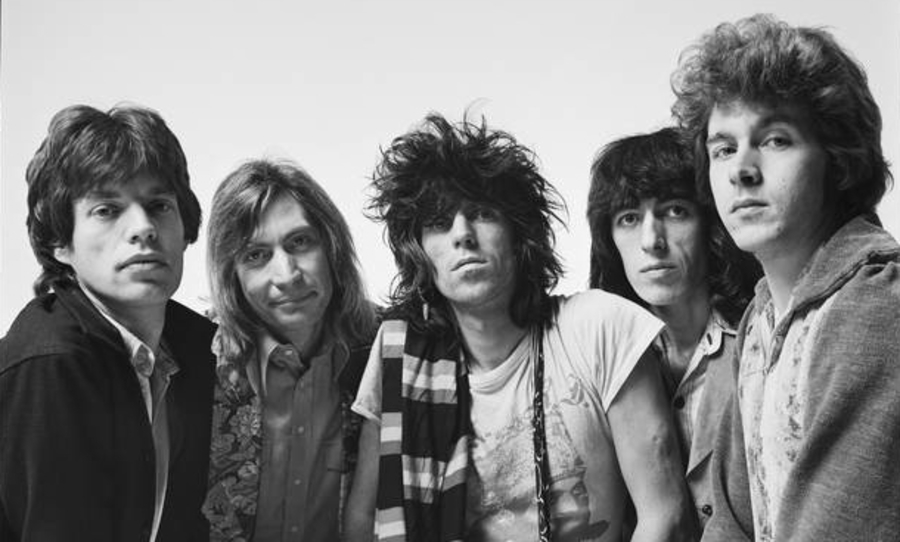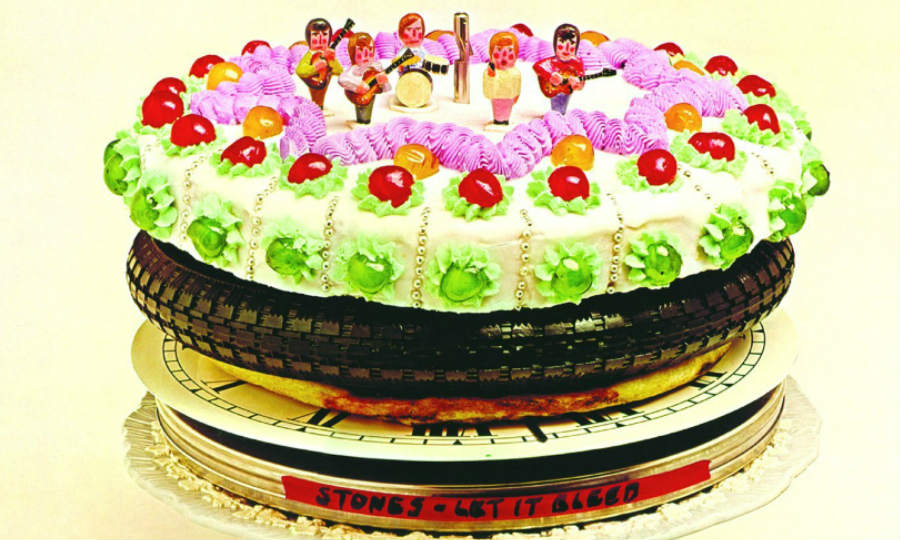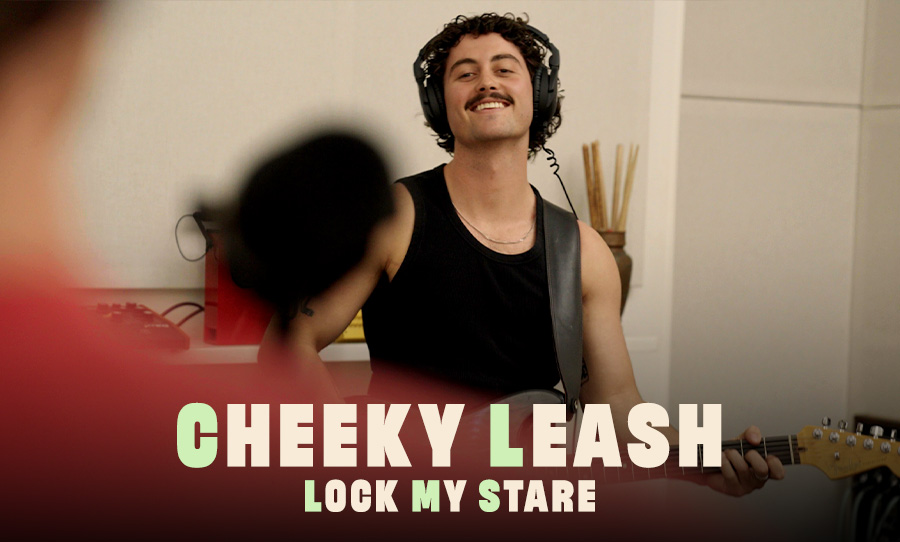Following the death of Brian Jones, The Rolling Stones upped the anti with the emotionally charged, blues-rock collage, Let It Bleed.
The album opens with a whisper. Haunting vocals conflate the imagination and inject a certain sense of desperation for what will happen next. This is the first thing we’ve heard of The Rolling Stones since the death of founder Brian Jones and they are back with a vengeance. 52 years on, Let It Bleed remains a masterful stroke of rock n’ roll genius.
Every note is brutal in its purpose and you can feel the urgency from the get go. Mick Jagger’s palpable pain is rippling off of every chorus, ‘War, children, it’s just a shot away.’ Merry Clayton’s chilling backing vocals crack on words like ‘rape’ and ‘murder’ revealing the danger that is close at hand.

In 1968, The Rolling Stones solidified themselves as more than just another rock band with Beggars Banquet. They weren’t just fans of the blues they were subsumed by it. A living, breathing part of it. Beggars Banquet (1968) to Exile On Main St. (1972) could very well be the best four successive album run in history.
The second record to see The Rolling Stones snowballing towards the Olympus of their own mythology is the aptly titled, Let It Bleed, and what a record it is.
Let It Bleed doesn’t necessarily have any incredible production stories. Nobody mixed a song 91 times. Nobody beat their head with a boot to create some revolutionary drum sound. It’s just a superbly well written album full of eternally timeless tracks.
While the production is still amazing the instrumentation is often so sparse it feels as if The Stones are sitting in the room with you. In fact when Mick Jagger sings “We all need someone we can lean on,” the arrangement is so simple it’s as if Jagger has pulled up a stool next to you and offered his shoulder.
A white British band playing blues music was certainly nothing new by 1969, however with Let It Bleed, the Stones surpassed their contemporaries, solidified by the cover of Robert Johnson’s Love In Vain. The Stones are so immersed in blues that you might not even know it’s a cover. The incomparable vocals of Jagger combined with Keith Richards soulful slides permeate the whole track as it pulses with loss and purpose.
The album is top and tailed by its crowning jewels however. You Can’t Always Get What You Want is an upbeat honky tonk classic, oozing with the swagger that only the Stones can muster. Gimme Shelter, on the other hand, is a protest song. No hoots, hollers or innuendos. It’s straight forward, powerful songwriting and the finest work the Stones have every created.
Gimme Shelter
For a band that usually sang about orgies, serial killers and drugs, the passionate political statement that opens Let It Bleed is as powerful in polarity to the up-note number that closes it.
“That song was written during the Vietnam War and so it’s very much about the awareness that war is always present; it was very present in life at that point,” said Jagger.
“Merry Clayton who did the backing vocals, was a background singer who was known to one of the producers. Suddenly, we wanted someone to sing in the middle of the night. And she was around. She came with her curlers in, straight from bed, and had to sing this really odd lyric. For her it was a little odd – for anyone, in the middle of the night, to sing this one verse I would have been odd. She was great.”
And if we’re being honest, Clayton stole the show. Merry cut one take like butter, then decided to “blow them out of this room” on the next one. Showing off her iron lungs, Clayton delivered a chilling wail an octave higher, with her voice cracking on “murder.”
This can be heard at about the 3:04 mark with an impressed Mick Jagger in the background exclaiming “Whoo!” To this day it’s still one of the most moving moments ever recorded.
You Can’t Always Get What You Want
Three songs from Let It Bleed – Midnight Rambler, You Got The Silver and You Can’t Always Get What You Want – came from the prolific Beggars Banquet sessions in the Spring of 1968, during which 70 songs were recorded, the likes of which collectors and archivists have been hunting down since.
The other six were cut at sessions from May to July 1969 and produced at London’s Olympic Studios by Jimmy Miller. The famous opening to the albums footer is covered by the coveted London Bach Choir. Moreover their 60 voices were double-tracked to create the angelic choir you hear on the record.
In a twist, the London Bach Choir tried to have their name removed from the album when they found out it was called Let It Bleed and contained Midnight Rambler, a song about a serial killer.
Al Kooper, who tracked keyboard and french horn on Get What You Want recalls Jagger’s artistic control in awe stating, “Mick was really the producer. He knew what he wanted, and he was doing just about everything.”
Engineer Glyns Johns concurs, “I don’t know that Mick ever did anything other than from a producer’s level, really. Certainly, Jimmy Miller had an active role, but it was more of a co-production than not.”
Thus closes The Stones greatest record, cementing their place among rock royalty forever. Too bad the cover looks like a slice of Government-led, nuclear propaganda.



